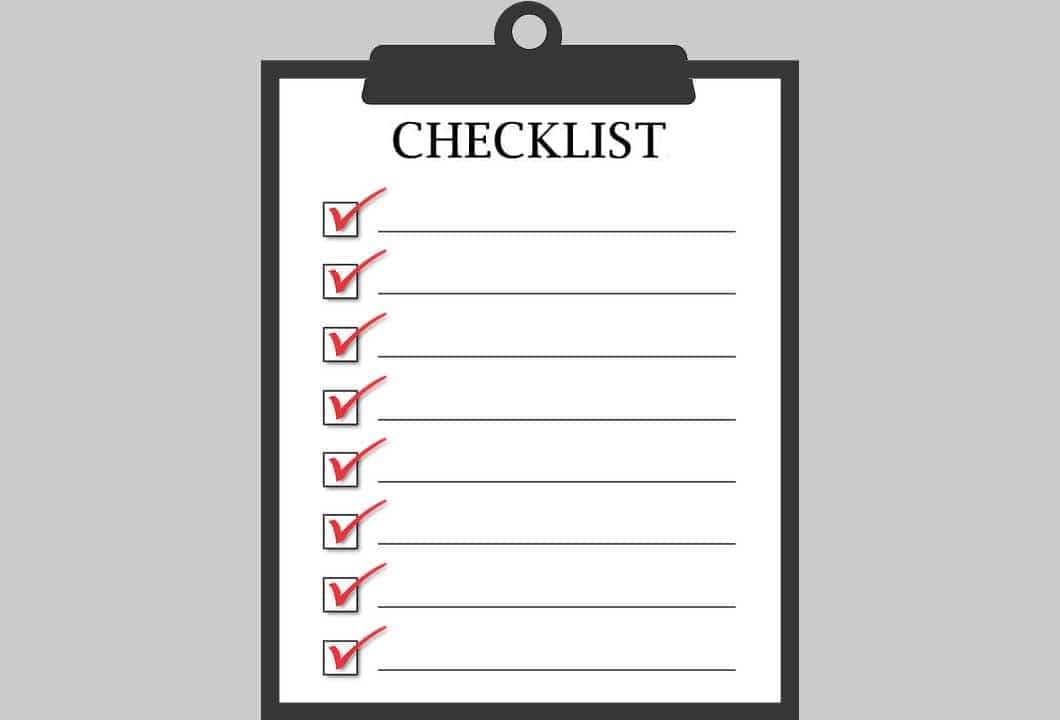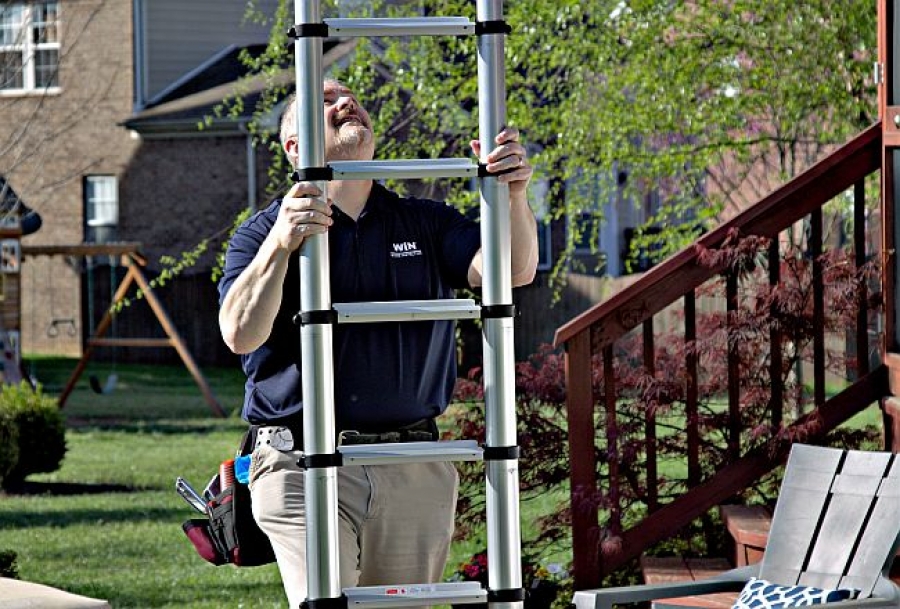
What Should You Know About Unethical Realtor Behavior?
What Should You Know About Unethical Realtor Behavior? When you buy or sell a home, it’s stressful. Purchasing a home is a huge financial decision that’s also life changing. A real estate agent must be someone who behaves with the utmost integrity and adheres to ethical standards, but as with anything, that may not always be what happens. Most real estate agents and Realtors take their business and the ethical requirements very seriously, but there are always a few bad apples in any industry. Unethical behavior certainly isn’t the norm, but some examples and red flags to watch out for are below. It’s worth noting that understanding these unethical behaviors is essential, not just if you’re a possible buyer or seller. It’s crucial if you’re a real estate professional because you wouldn’t want to behave in an unethical way inadvertently. Discrimination Real estate agents must be careful about doing anything that could be seen as discriminatory. For example, if you say a house is suitable for families in a listing, that could violate fair housing laws because there’s a mention of marital status. Under the Federal Fair Housing Act, buyers have protection from discrimination based on race, sex, religion, familial status, disability, national origin, and color. A realtor can’t refuse to work with someone because they belong to a certain group of any kind. Real estate agents aren’t allowed to answer questions about the racial makeup of a neighborhood, nor can they accommodate requests from a buyer to live somewhere with a certain racial or ethnic makeup. Misrepresentation Misrepresentation is one of the most frequently seen illegal practices in real estate and is the reason for more than half of all lawsuits against real estate agents. When an agent misstates information about a property, such as structural features, it’s a misrepresentation. This is often an accident, but some agents might behave unethically if they do it on purpose to try and push the sale. If you’re a buyer, even if you feel like you were accidentally misled, you might be able to pursue legal action. Giving Legal Advice If you’re a buyer or seller, you’ll probably have plenty of questions during a transaction. Many of those questions your agent is qualified to answer. Real estate agents aren’t qualified to provide you with information about legal issues, nor should they because it’s unethical or potentially illegal. For example, you shouldn’t answer legal questions if you’re an agent about things like taxes or contracts. You must maintain a fine line when it comes to providing tax or legal advice. A realtor shouldn’t interpret contracts or draft them. Instead, a realtor or real estate agent fills in contracts already written and approved by a legal professional. Disclosing a Seller Will Take Less Than the Listing Price If you’re a realtor, you shouldn’t let someone know your client will take less than the listing price. You may be tempted to let this information out to help sell the property, but unless you have written permission from your client saying you can reveal their bottom line or reason for selling, keep it to yourself. Client Poaching For realtors, you shouldn’t make phone calls or send written communication soliciting a seller with an active listing contract with another agent. If you’re working with an agent and you think they’ve done something unethical, you can speak to them about it or file a complaint with the local Realtor Association in your area. If you continue to work with an unethical agent knowingly, it can put you in hot water as well, so do something about it quickly if you see something you think isn't right. Keep in mind, unethical behaviors aren’t necessarily the same as the red flags of a bad agent, so you must watch out for these as well. At the Roanoke Real Estate Team, we are committed to treating everyone fairly and ethically. We adhere to the National Association of Realtors Code of Ethics. We are not in it for a just a paycheck, we are here to provide experience, advice, and service. You can reach us at 540-491-4222 to discuss your real estate goals and how we can help.

Can You Negotiate a Real Estate Commission in Roanoke?
Can You Negotiate a Real Estate Commission? In a real estate transaction, there are typically three main parties involved. There is the real estate agent, the buyer, and the seller. The takeaway for the agent is a commission, but many people experience confusion about things like how much it is and how it’s paid. They also wonder if they can negotiate a commission. What is a Typical Commission? Most people think there’s a standard percentage across real estate for commission, but there isn’t a fixed rate. There is an average prevailing fee in most states that’s around 6% of the final sales price of a home. If an agent sells land, they may get a higher commission of anywhere from 10 to 20% because it takes more time and a larger marketing budget to sell land. The seller is typically the one who pays the commission. It goes to the listing agent, and then the listing agent gives a portion to the agent representing the buyer. Most real estate agents only work on commission and don’t earn a base salary. An example would be if you sell a $200,000 home the listing agent would charge a $12,000 fee. That would be a 6% commission. They would split that with the buyer’s agent, so the agent representing the buyer gets $6,000, and the listing agent gets $6,000. Then the agent has to share part of that 3% with their brokerage office. Sometimes that amount could be as high as 40% of the 3%. Agents also pay a lot out of the fee, including the marketing and insurance costs. Commissions are paid at the time the title transfers for the home. Can a Seller Negotiate? Legally, a commission is negotiable. However, sellers must be careful here. While an agent might be willing to negotiate in certain circumstances—for example, if the property is high-end or it may help them break into a great neighborhood, in many cases, they won’t be. If a real estate agent is too willing to settle for a lower commission for seemingly no reason, you want to think about their negotiation skills once they are working on the sale of your home. The entire goal of hiring a real estate agent is to get the best price for your home, along with the best terms. A real estate agent who quickly agrees to take a lower commission may not achieve those goals. Also, the marketing costs will come from that commission, so in taking a lower fee, will the agent be cutting corners on the advertising of your home? It's not unusual for an agent to be unwilling to negotiate their commission simply because they don’t have to. They may be so busy that there’s no reason for them to take a lower commission. They can simply move on to other sellers. What if the Same Agent is Handling Selling and Buying? If you’re going to sell your home and then the same agent will help you buy another one, they earn both commissions. It’s possible that you could get a discount in this situation, but again, maybe not. Both transactions are separate from one another, and both require their own work. It doesn’t matter to the agent if the seller and buyer are the same people because the workload would be the same as if they were different people. What if the same agent represents you and the buyer? This is a situation known as dual agency. In this case, an agent could earn the listing and selling commission. You might ask a listing agent if they will lower their commission fee, although again, there’s no obligation on the part of the agent. While negotiating is possible for real estate commissions, it’s not always the best idea nor will it always result in a discount for you as a seller.

What happens when the contract on your home falls through?
Selling a home can be an emotional and stressful experience. You find a buyer and feel a huge sense of relief. You’re ready to pack up and move on, and then boom, your contract doesn’t make it to closing. It’s easy to feel defeated and upset, but you can bounce back. Understand Why It Fell Through One of the things you need to do is understand why your deal fell through. This is important so you can prevent it from happening again. Contingencies are what protect a buyer from running into often unpleasant surprises. A few reasons why home sales fall through include: A home inspector finds something that would be expensive for the buyer to repair. Your home appraises for less than the sale price. There’s an open lien on your property uncovered by a title search. The buyer’s financing falls through. Initially, if you run into one of the situations above, you’ll try to bring the contract back to life, but sometimes you just can’t. Minimize Your Risk for the Next Time So, that deal you were counting on can’t be revived, but you can do some things to minimize your risk going forward. If the home inspection was the cause, then fix or repair the biggest issues. If there was an issue with the appraisal, you’ll need to reassess your list price. Getting title insurance will reduce your risk of liens fouling up your deal. Never accept an offer that doesn’t come with a pre-approval letter, this will minimize the risk of a non-qualified buyer. Signs a buyer is going to back out can include not meeting deadlines and returning necessary paperwork, not returning calls, and making a lot of requests for contract changes. Your agent should be in regular contact with the buyer's agent and lender to confirm things are moving forward. Evaluate Your Marketing and Your Agent If a deal falls through, it might be through no fault of your agent, but you should still re-think your marketing plan and perhaps make sure your agent really is a good fit before you go back on the market. Maybe you make a few small updates to your home and re-do your real estate photos to give you a fresh start when you go back on the market. If you feel let down by your agent and they’ve been less than supportive in the sale of your home, you might want to find someone else. Sometimes changing agents and finding someone with a strong reputation for successfully selling homes in your specific area can make a world of difference. If you bring in a new agent and a fresh set of eyes, you may discover that a change in marketing strategy makes all the difference. You also need to be realistic about a price change. A new agent might also be not just more aggressive in terms of pricing but also strategy. Maybe you need someone who is going to do even more to spread the word. Don’t Be Discouraged It’s really an emotional letdown when you think you’ve sold your home and it falls apart. Don’t let yourself get too discouraged. Bounce back by evaluating what went wrong and working to make sure those are things that don’t happen again in the future. We are here to help you from the beginning to the end. Let our team shine the spotlight on your home. Reach out and let us know how we can help you at 540-491-4222.
Categories
Recent Posts










